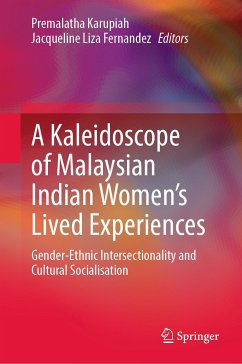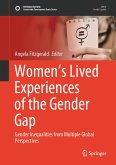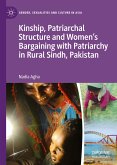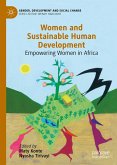This book presents a compilation of chapters relating to the socio-cultural experiences of Malaysian Indian women. It includes a historical background covering Indian women's migration to Malaya, and explores the lived realities of contemporary Indian women who are members of this minority ethnic group in the country. The authors cover a wide range of issues such as gender inequality, poverty, the involvement of women in performing arts, work, inter-personal relationships, and well-being and happiness, drawing on substantial empirical data through a gendered lens. This book addresses the gap in the intersectional gender studies literature on minority groups of women in Malaysia, while simultaneously highlighting the multiple forms of subordination minority women - particularly Indian women - experience in society, including those that arising from gender-ethnic intersectionality. In examining the case of Indian women in Malaysia, it also speaks to and enriches existing literature on the lives of minority groups of women in the Global South more broadly This anthology is beneficial to researchers and students in the social sciences, particularly in disciplines related to gender studies and minority studies. In addition, it is also useful for policy makers and social activists working with minority women in the Global South.
Dieser Download kann aus rechtlichen Gründen nur mit Rechnungsadresse in A, B, BG, CY, CZ, D, DK, EW, E, FIN, F, GR, HR, H, IRL, I, LT, L, LR, M, NL, PL, P, R, S, SLO, SK ausgeliefert werden.









